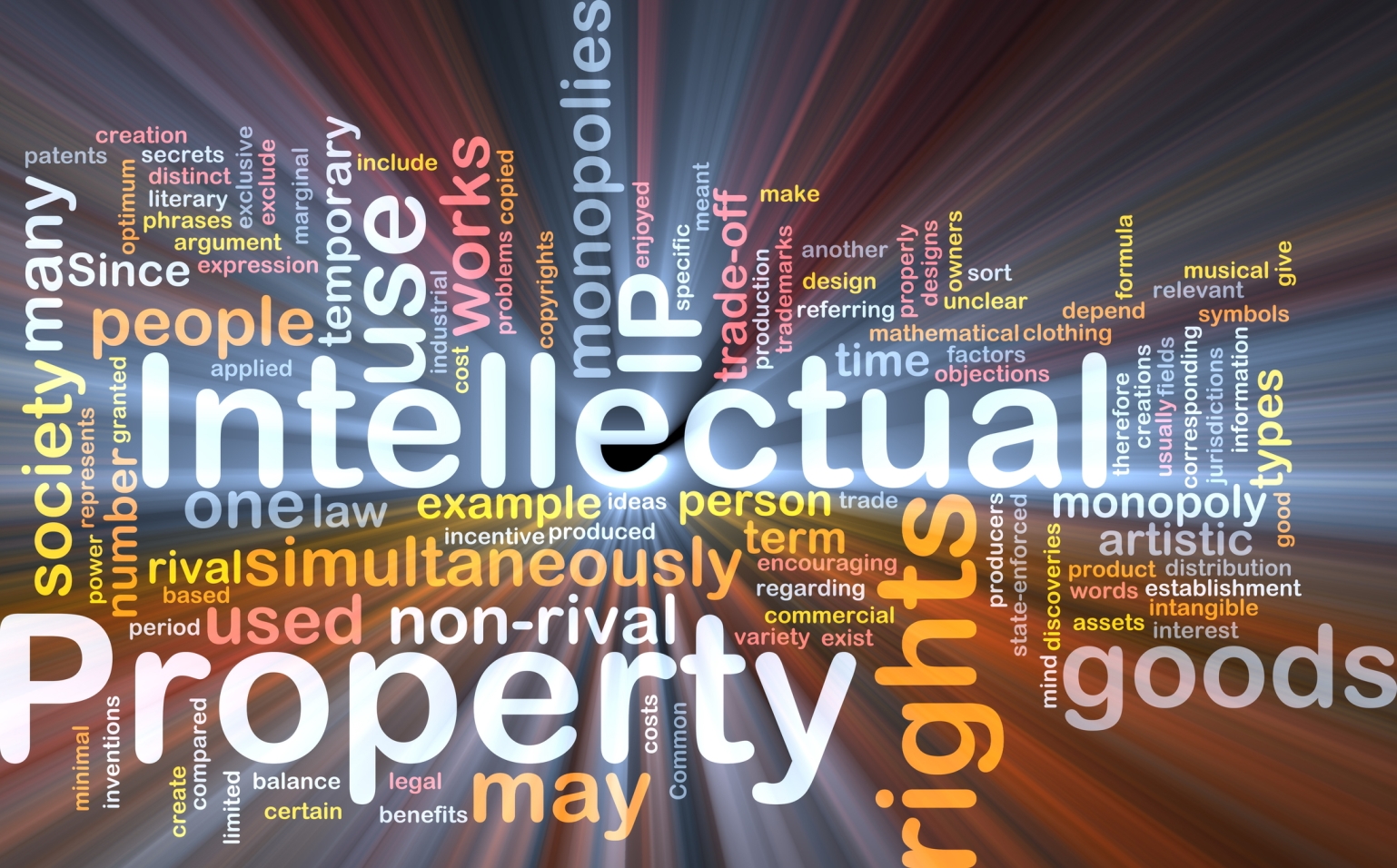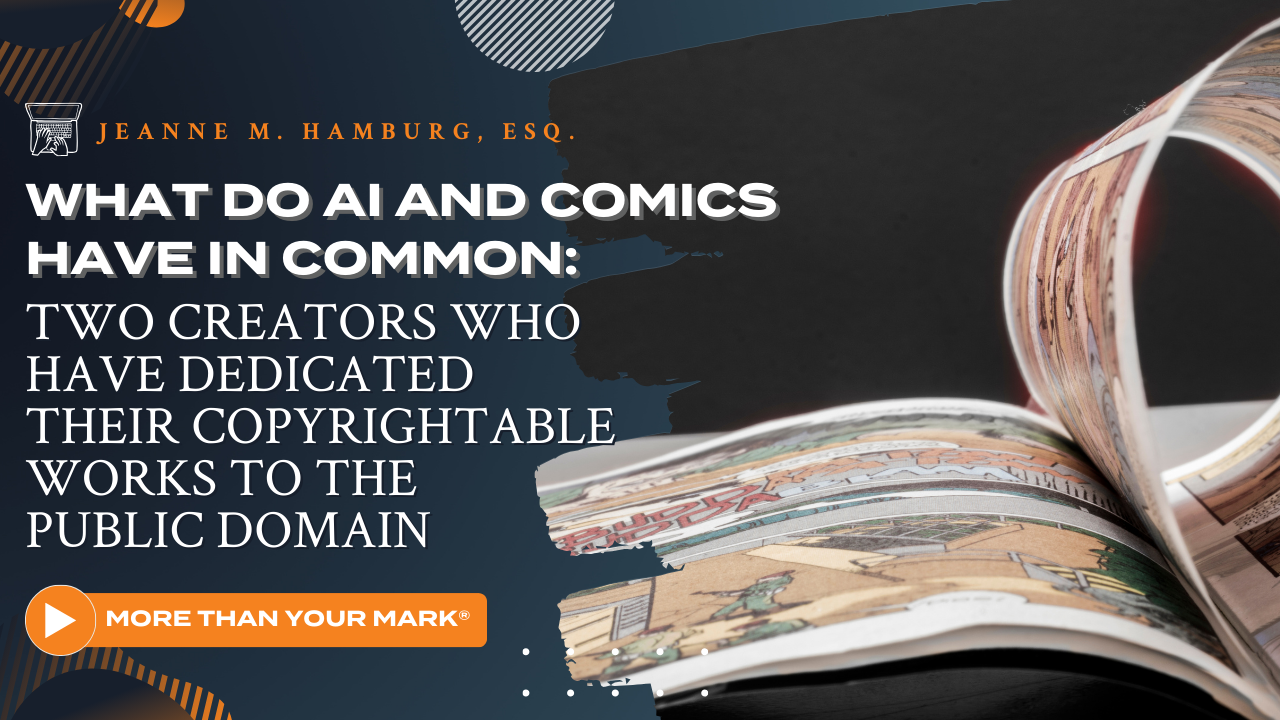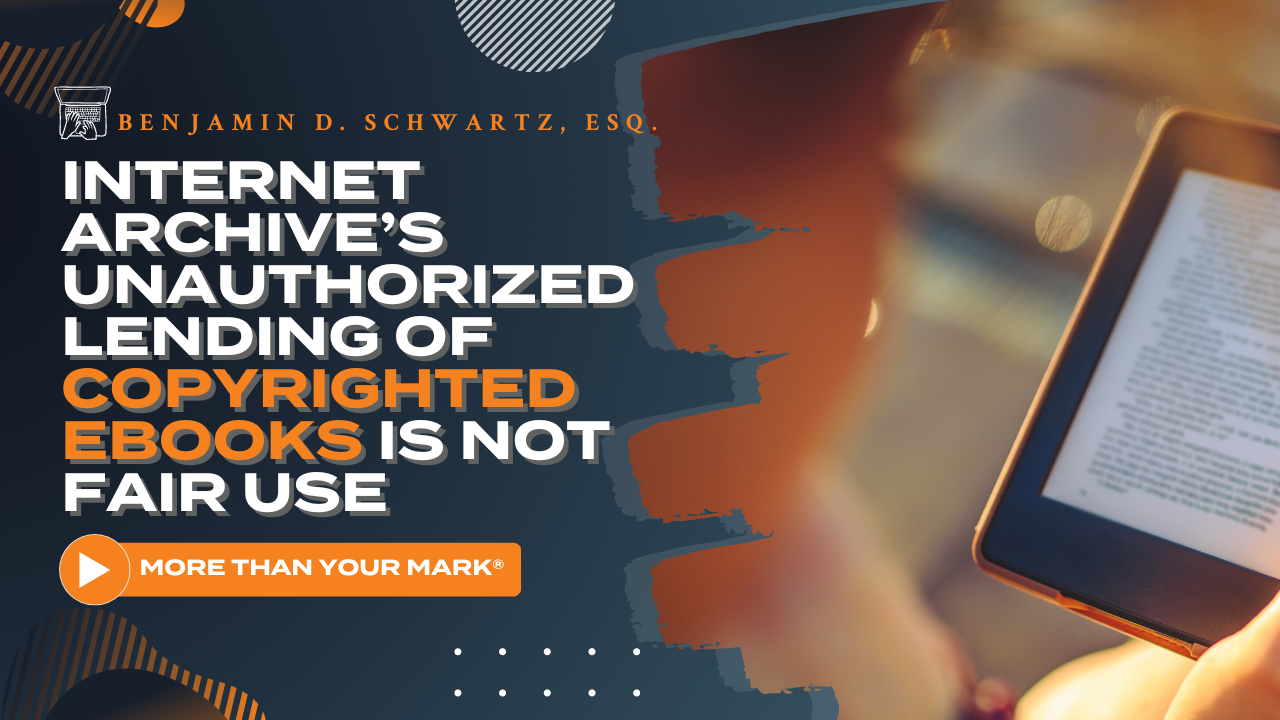Intellectual Property: What Are the Differences between Patent, Trademark, and Copyright?

While every business recognizes the need to protect its intellectual property, it’s easy to get confused about what each type of intellectual property protects. Even major newspapers often get it wrong, saying a company has a patent on using a word or copyright on a technique or process. Here’s an easy guide to understanding the differences between copyright, patent, and trademark.
What Is a Copyright?
Copyrights protect creative works. Whether it’s a book, a piece of music, a sculpture, an architectural drawing, a movie, a fashion design, or even this very article, the intellectual property right in the work itself is a copyright. As soon as the work is “fixed” – written down, sculpted, recorded, or otherwise set down in an enduring form – the author creator owns the copyright (unless it’s a work made for hire). You don’t even need to do anything to own a copyright other than make something, though you do have to register it if you want to enforce it in court.
Only the copyright owner has the right to make copies, distribute copies, perform, display, or make derivative works of the copyrighted work.
A copyright lasts for the life of the author plus 70 years (for works made for hire, 95 years from when they are first published). There’s no need to renew or maintain a copyright.
Copyrights don’t protect ideas, just the way you express them. If the Mona Lisa were still under copyright, copying it directly would be an infringement, but anyone could paint a slightly smiling woman in black.
For example, if you design a new chair, copyright can protect the pattern you print on the back or the purely artistic sculpture of the arms but cannot protect the new type of caster you invented, the unique manufacturing technique, or the name under which you sell the chair.
What Is a Patent?
Patents protect inventions. If you invent a new mousetrap, a new way to make hats, a medicine, or anything else that someone can make or do, you can protect it with a patent. Unlike with a copyright, you must apply for a patent, explain exactly how to make or do what you want to protect, and define exactly what you’ve invented and want to protect. Basically, a patent is a trade; you make your knowledge public in exchange for a monopoly on a certain use of that knowledge. Unless you get a patent, you have no patent rights, and if you don’t apply for a patent soon enough, you can miss your chance to get one. Patent owners have the exclusive right to make, use, or sell the invention covered by the claims of their patent.
Patents can last for 20 years after you file the application but need to be maintained or they will expire early.
There are also design patents, which protect the ornamental appearance of a product, and plant patents, which protect the right to propagate a plant. But most of the time, when someone mentions a patent or says a product is “patented,” they mean the utility patents that protect inventions.
Patents are both time-sensitive and complicated, so if you have invented something, contact a patent attorney right away.
To go back to the example of the new chair, a utility patent could protect the new caster or manufacturing technique, as well as a lift mechanism you invented, and a design patent could protect the overall appearance of the chair.
What Is a Trademark?
Trademarks protect symbols and identifiers. A trademark can be anything that lets consumers know the source of a good or service. Traditionally a trademark is a name (Nike) or symbol (the McDonald’s Golden Arches), but it can also be the shape of a product (Goldfish crackers) or its packaging (the Coca-Cola bottle), or even a color (Tiffany blue) or sound (the NBC chime). You have trademark rights as soon as you use a particular mark to identify your goods or service, but it’s always best to register your trademark to best protect your rights.
A trademark can last forever if you keep using it, and some of them are hundreds of years old. But in the U.S., trademark registrations must be renewed every 10 years by showing continued use.
Trademarks protect only identifiers, not any functional or useful attribute, whether it’s necessary or just makes a product better. Trademarks also do not protect generic names, so you cannot prevent other coffee shops from calling their coffee, coffee.
To revisit the chair one final time, the brand name you choose to market it would be a trademark, as would a logo stamp on the chair itself.
Whether you’re an inventor, an author, a designer, or a business owner with a mark you want to protect, our intellectual property attorneys can help. If you have any questions about this post or any related issue, please feel free to contact me at dsiegel@norris-law.com.




